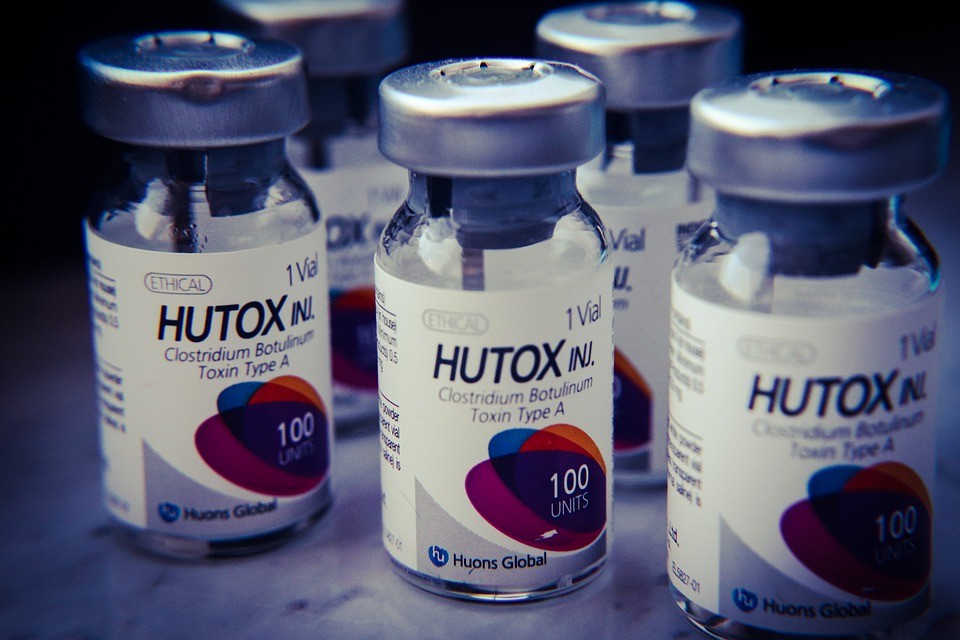A Deep Dive Into Botox And Acne Problems
Does botox help acne or can botox cause acne? While some people don’t want to undergo Botox treatment, the fact is that it can reduce acne. It works by blocking a chemical called acetylcholine, which causes excessive oil production. It turns our skin into a breeding ground for bacteria. The injections help decrease this excess oil, making our skin less prone to breakouts. It can also help reduce the size of pore size.
A common question is, “Can dermatologist help with acne?” In short, the answer is yes. It can reduce or even eliminate blemishes. However, it’s important to remember that the effects aren’t immediate. The injection will take a month to show up in your skin. You can’t expect any dramatic results right away, but you will see a gradual improvement.
Does Botox Help With Acne?
Another common question about Botox for hormonal acne is whether it’s safe for teens. The FDA has not approved this cosmetic procedure for adolescent patients, and it should not be performed on young patients. Although it has helped with many other conditions, it’s still not recommended for teenagers or anyone under 20. While it’s safe to try Botox for acne in adults, it’s not recommended for adolescents.
A botox treatment can also help with acne scarring. Another option is injectable cosmetic dermal fillers. These products fill in areas that are depressed. They attract 1,000 times their water weight. Injecting cosmetic dermal fillers is an excellent complement to Botox for acne. The treatment can also decrease excessive sweating, which helps minimize the appearance of scars. Botox may be a good choice if you want to have your acne treated.
The Effects of Botox To Acne Problems
The FDA has not approved Botox for acne, but a study conducted by May Clinic researchers has shown that it can reduce acne scarring. The May Clinic found that the treatment did not cause any complications. It was also beneficial for treating sweating and reducing pore size. It should be used only by a dermatologist who is familiar with the effects of the treatment. The treatment isn’t suitable for all patients.
Besides acne, Botox can also treat other skin disorders. Among these, hyperhidrosis is the most common reason for hyperhidrosis. The neurotransmitter Acetylcholine is responsible for a person’s facial expression, and a blockage of this chemical can inhibit sebum production. Thus, it’s essential to seek a dermatologist specializing in this area.
It can also help reduce excessive sweating, another common cause of acne. Plastic surgeons commonly use this treatment to prevent wrinkles and control excessive sweating. It can even reduce the pore size and scarring caused by acne. This treatment does not cure acne itself, but it can make the skin look smoother and clearer overall. Regardless of age, Botox can be beneficial for individuals suffering from acne.
Bottomline
The injections are most effective in the upper parts of the face, where they are more likely to be affected by acne. Moreover, they can also reduce the risk of sweating. Since acne affects people at any age, you should always talk to your doctor if you want to use Botox for acne. The injections should be used in upper facial areas only. The treatment is best suited for patients with a history of acne.
Although it may not be an effective acne treatment, it can be a good solution for stubborn cases of acne. This relatively painless treatment can improve the appearance of scars and the surrounding area. It is also safe and effective for people undergoing Botox for acne scars. It is best suited for people who have a severe condition like a clogged pore. In addition, it may also reduce the size of pores and improve the overall appearance of the skin.
As with any medical treatment, Botox is not the best choice for teens. While the procedure does not directly address acne, it can be effective for adult cases. Depending on the severity of the acne, it can reduce the amount of oil produced by the skin. The procedure is a safe and effective way to treat acne, but it’s essential to consult with a cosmetic dermatologist first. They will diagnose the severity of your acne and recommend a treatment plan that is right for you.

